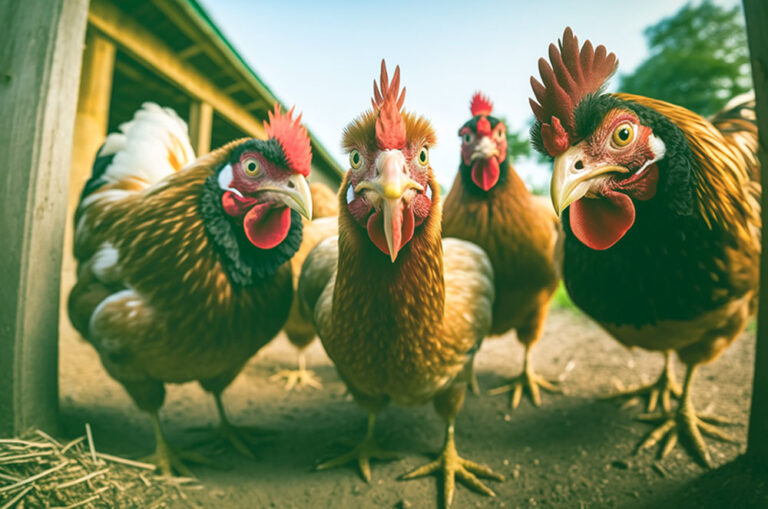
I read a lot and when something new comes across the desk, I want to read more. This happened last week when Ferguson Hyams sent through the latest results of their Ferguson Hyams Opportunities Fund. The fund specialises in asset backed, alternative and high yield strategies. The group have already funded a wheat trade and now they’re into chicken.
Background:
The supply chain for food is fragile and particularly for China as the population has undergone significant urbanisation since the late 1970s.
- 19.39% of the population was urban in 1980. And by 2022 this is 65.22% of the population. In that same period, the population grew by 43.03%. As China shifts towards urbanisation, incomes have increased.
- Meat has become a larger focus in diets and China now consumes 27% of the world’s meat production. In the 1960s meat consumption per capita/annum was at 6kg, whereas today it is at 63kg.
- Any disruption to the food supply chain, such as ‘African Swine flu’, drought, or polluted water systems, would have significant impact on the population. It would be sensible to assume that this would lead to social disorder.
- The Chinese Government have established several State-Owned Enterprises (SOEs), together with some privately owned food importers. Together they play an important role in supporting food security for the Chinese state.
- The mandate to secure adequate food supplies, together with the size of the population, and maintain social order, drives a constant demand for Grains, Meat, and Poultry. Much of this demand is government driven strategic food reserves.
Also read: Money Market Funds: Poised to Fuel a 2024 Risk Asset Rally
Responding to this:
- Ferguson Hyams – Commodity Trade Operations (CTO) partner has set up a Brazil-to-China export strategy
- Operating for approximately 12 months in a cycle
- Established a team in Shanghai
- Secured long-term supply contracts to a group of China State Owned Enterprises (SOEs), that are mandated to secure adequate food supplies for the Chinese population
- Securing supply of Food commodities (meat and poultry), from Brazil
Brazil > China Chicken Parts
Transaction Structure
- Size: USD 3.7m – USD7.5m, that will grow to USD 10m
- Facility Duration 12 months (which will be rolled)
- Back-to-back Supplier and Buyer Contract
- Commodity: Chicken Parts
- Size: 50 containers per trade cycle with expansion to be increased
- Buyer: Chinese SOE
- Buyer credit provision of bank guarantee to be issued from Bank of China (to be drawn on a non-payment event from the Buyer)
- Bank Guarantee confirmed via SWIFT with CTO transactional bank
- Load Port SGS Inspection Agency confirms Quality and Quantity
- Buyer pays CTO (min 2 days) before arrival at destination port (Shanghai) and cash against docs (CAD) basis.
- Title is not passed to the buyer until cleared funds, therefore: No Receivable exposure.
- Structure mitigates buy Side Credit Risk into Banking Documentary Risk
Trade Cycle
- Total transaction cycle from start to finish shall be 40-45 days
- Agree supplier contract (12 months)
- Agree buyer sales contract (12 months)
- Buyer opens irrevocable bank guarantee from Bank of China for 12 months
- CTO transaction bank confirms bank guarantee is in place via SWIFT
- CTO issue standby letter of credit (SBLC) to supplier for 12-month contract – fixed price for 12 months
- Load Port: SGS inspection agency confirms quality and quantity
- Payment received from buyer min 2 days before goods land at destination port (Shanghai)
- Pass legal title to the buyer before arrival at destination port
There’s money in chicken parts!! Or should we say poultry…
During times of recession or market stress people still need to eat and drink. We like the food security theme especially in the current market dynamic.
































